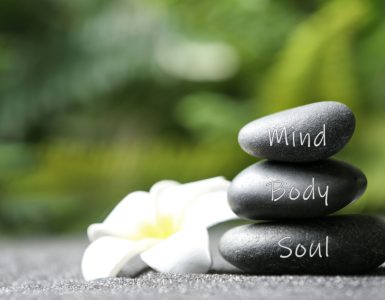How well we sleep is just as important to our health as eating a balanced diet and taking regular exercise
A chronic lack of sleep can interfere with our food choices (hello tired carb and sugar overload!), put us at a higher risk of poor decision making and having an accident and even affect our physical health by increasing our chance of developing chronic disease such as heart disease.
Our immune system can also be affected if we’re not getting enough good quality, uninterrupted sleep. When we’re healthy and alert, our immune system releases proteins called cytokines that help us fight off infections and diseases. They also help us to sleep, which is why we need more sleep when we’re ill – due to the presence of extra cytokines.
But if we’re experiencing poor sleep, the immune system releases fewer cytokines, leaving us vulnerable to infections and chronic health conditions
So, how do we get better sleep? Falling asleep is one thing and the following tips will help:
- Take regular exercise during the day in the fresh air to help regulate your body clock
- Have a regular sleep and waking time, even at weekends
- Turn off your phone and tablet in the hour before bed to avoid the blue light from the screen interfering with your sleep-wake cycle
- Avoid eating a large meal or consuming alcohol or caffeine for two to three hours before bed
- Make sure your bedroom is cool, dark, quiet and free from clutter
But what if we can fall asleep, but we can’t stay asleep? Here’s our tips on what to do if you wake in the middle of the night and can’t get back to sleep
- Avoid the temptation to look at your phone. As we mentioned above, the blue light emitted from the screen will trick the brain into thinking it’s daylight – a sure fire way of preventing sleep. You might also fall down a rabbit hole of stimulating content, which will also keep your brain awake.
- Invest in a clock with a low light, so that you can see the time, without having to look at your phone.
- If you have a full bladder, go to the toilet, rather than lying in bed thinking about your full bladder. But apart from that, avoid waking yourself up too much by getting out of bed or putting lights on.
- Practice some deep breathing techniques – especially helpful is deep belly breathing, where you consciously use your diaphragm to slowly breath in a full breath, hold it, slowly breathe fully out, hold and repeat. Being more connected to our breath is helpful for calming an active mind.
- Quieten those intrusive 3am thoughts by turning them on their head – instead of thinking that you “only” have a few hours until it’s time to get up, think wow, I’ve still got three whole hours of rest left!
- Try counting – not necessarily sheep, but counting down backwards from 300 will be so mind numbingly boring, you might be asleep by the time you reach 250!
















